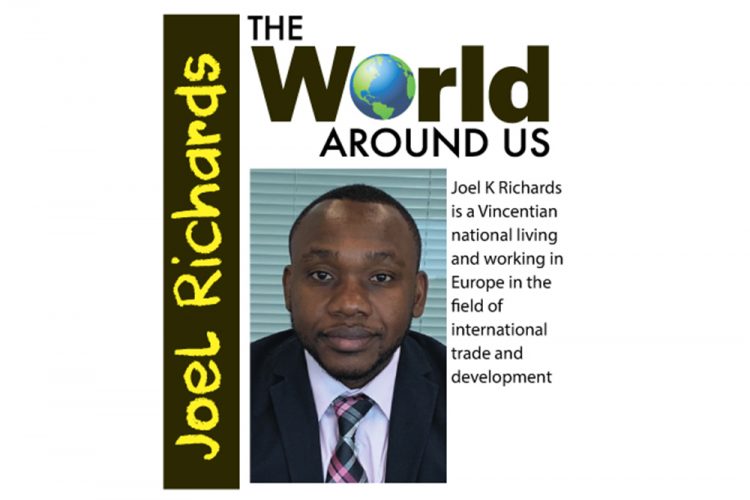The new Cold War

Russia’s invasion of Ukraine, followed by Western sanctions on and diplomatic isolation of Russia have brought into sharp focus the possibility that a new Cold War is afoot. It has been 30 years since the previous Cold War ended with the dissolution of the Union of Soviet Socialist Republics (USSR) and the emergence of the United States (US) as the undisputed global hegemon.
Fast forward 30 years, Russia’s invasion of Ukraine and what appears to be an increasingly close relationship between Putin’s Russia and China’s Xi, seem to be ushering in a new Cold War, with victory this time around far from certain for the US and its allies. During the previous Cold War, while the USSR was able to match the US militarily, it was never quite able to keep pace with the US in terms of wealth and technological progress. Therefore, it was only a matter of time, as history proved, before the US would emerge as the clear victor in the battle for global supremacy against the USSR.
However, writing for the National Review, Elliott Abrams argues that this time around, the US is not ready – militarily, politically, nor psychologically – for what is expected to be a prolonged crisis ahead with Russia, and possibly Russia and China. According to Abrams, the risk presented from a fully rearmed, aggressive Russia and a rich, aggressive, and technologically advanced China is that the international order that has lasted since 1945 may end, and with that, American predominance.
At the World Politics Review, Erica Gaston contends that we have already moved backward: “There is no more use in dancing around reality using terms like ‘strategic competition’ or ‘great power tensions’ to describe relations between the West and Russia. We are in a new Cold War.” Of course, this is all conjecture, and it is quite possible that the status quo would remain for a long time, or that the great powers which are now jostling for influence may find some way to peacefully coexist.
Former US Secretary of State, Madeleine Albright writing in the New York Times, argues that Russia does not “have a right to chop the globe into spheres of influence as colonial empires did centuries ago.” Albright is right. However, what should be pointed out as well is that none of the US, China, France, the United Kingdom (UK) or Russia has any inherent right to a sphere of influence anywhere in the world.
The risks posed to the world from a new Cold War are enormous. First, it could set in motion a new arms race which could see major powers investing more in defensive and offensive capabilities, including the expansion and modernisation of nuclear weapons. Nuclear weapons make the world less safe, not more secure. Second, the moment that global powers begin to focus more on beefing up their military capabilities, a number of global priorities may take a back seat. For example, they could cut back on aid and this would have a ripple effect on the global fight against hunger, diseases and the attainment of the sustainable development goals. Third, and related to the second point, a new Cold War could generally lead to a de-prioritisation of multilateralism across a wide spectrum of areas at a time when the world needs more and not less multilateralism to solve global problems.
There are also direct implications of a new Cold War for small countries, including those in the Caribbean. There is a saying that when elephants fight, the grass gets trampled. In international affairs, small states are the grass. Small states may find themselves once again having to take sides or going to great lengths to demonstrate non-alignment so as not to incur the wrath of any of the countries or blocs fighting for global pre-eminence. In the Caribbean, we have to also wonder whether we will witness a return of American interventionism in the political affairs of the region as was widely suspected to be the case at the height of the previous Cold War.
Finally, a new Cold War must cause us to worry about the shape of the world which future generations will inherit. All generations deserve to live in a world which is peaceful, secure and prosperous. Another Cold War would create anything but a peaceful, secure and prosperous world.
Joel K Richards is a Vincentian national living and working in Europe in the field of international trade and development.
Email: joelkmrichards@gmail.com









